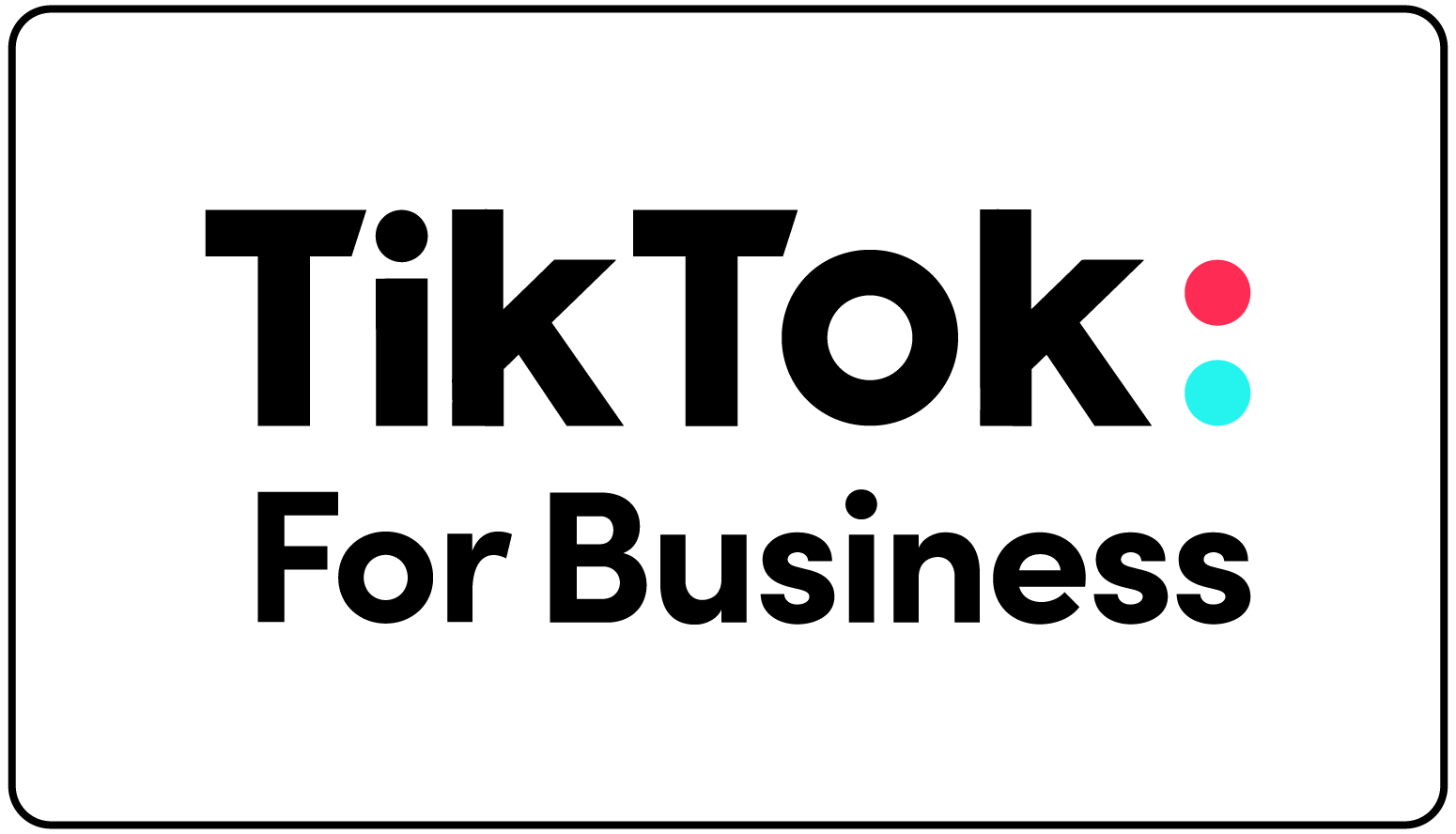Influencer marketing has become a popular and effective strategy for brands to promote their
products and services on social media platforms. However, when it comes to influencer
marketing, businesses must choose between organic and paid collaborations with
influencers.
Organic influencer marketing refers to building genuine relationships with influencers who support your brand. In this approach, the influencers promote your brand or products
without any monetary exchange. Instead, they may receive free products or services, exclusive
experiences, or other non-monetary incentives.
On the other hand, paid influencer marketing involves compensating influencers for promoting
your brand or products. This compensation can be a flat fee, commission-based
pay, or free products or services.
Both organic and paid influencer marketing have their pros and cons. Organic influencer
marketing can provide more authentic and genuine endorsements, as influencers are likelier to have a true affinity towards your brand. It can also be more cost-effective, especially if
you’re a small business on a limited budget.
However, organic influencer marketing does come with its challenges. Identifying and building relationships with the right influencers can be time-consuming, and there is no guarantee that they will consistently promote your brand or products.
Paid influencer marketing, on the other hand, provides more control and guarantees that the
influencers will promote your brand. It also allows you to reach a wider audience and leverage
the influencer’s followers. However, this approach can be more costly, especially if
you’re working with high-profile influencers.
In conclusion, choosing organic or paid influencer marketing depends on your brand,
budget, and marketing goals. Both approaches have advantages and challenges, and it’s essential to carefully evaluate your options and choose the one that best aligns with your
business objectives.




